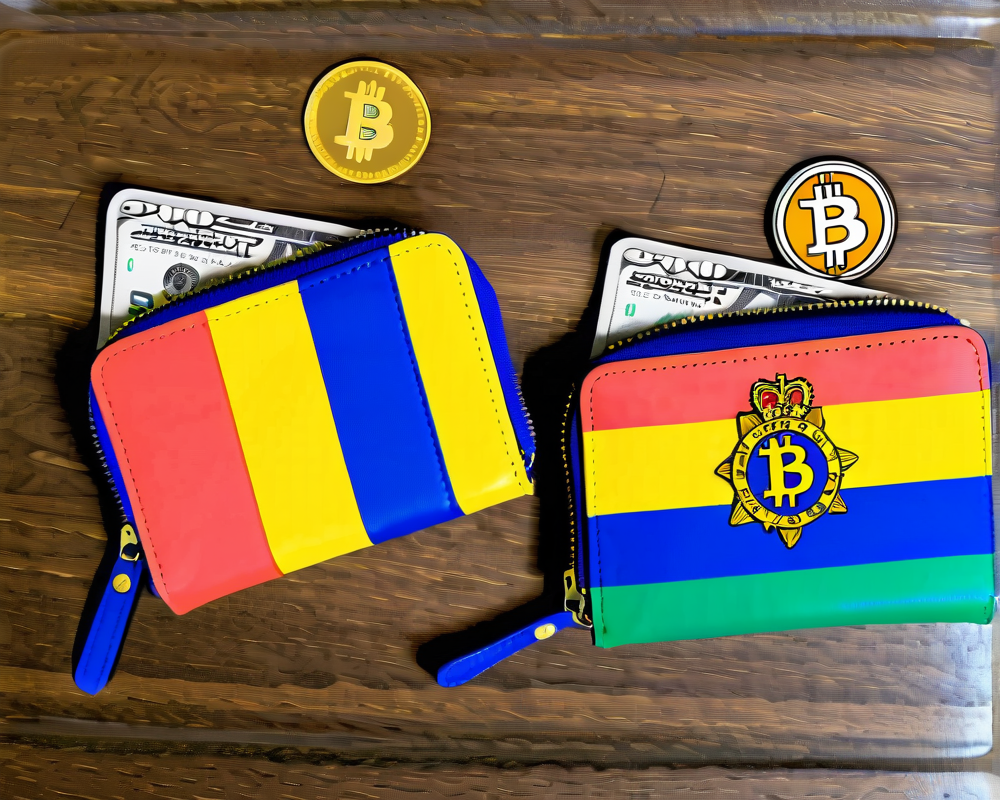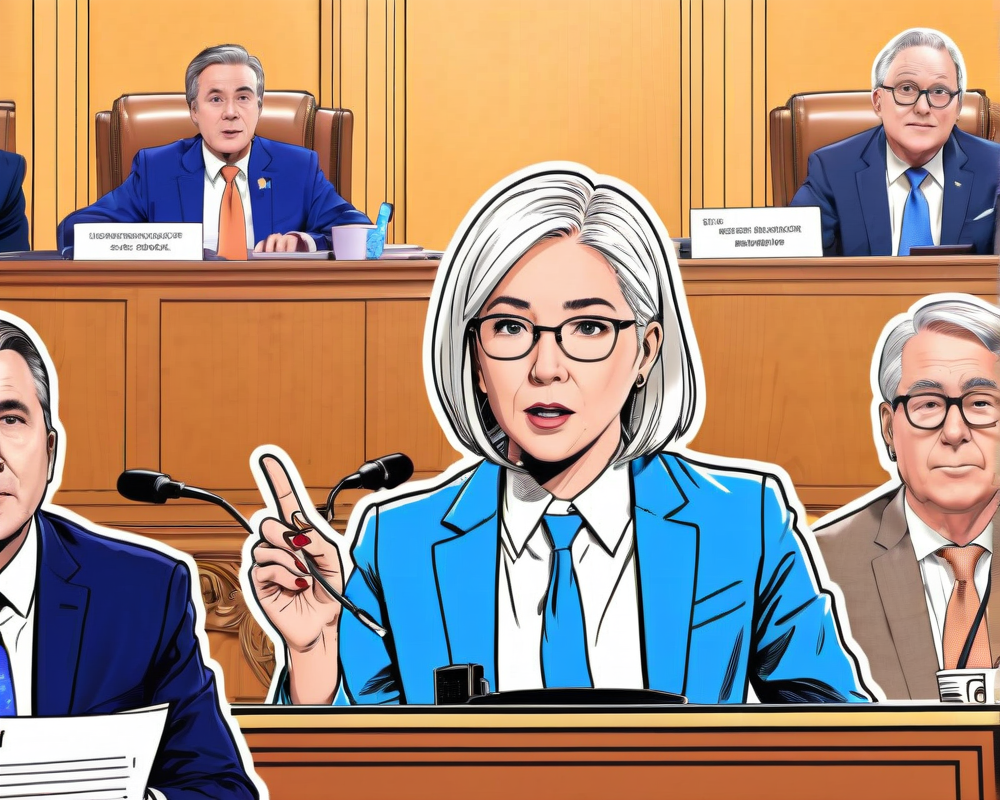Background of the Protests
The ongoing truck protests in Ottawa, which began as a movement against COVID-19 health mandates, have taken an unusual twist, morphing into a full-blown challenge of governmental authority. For over three weeks, truckers and their supporters have made their presence felt, transforming Canada’s capital into a hub of civil disobedience.
RCMP’s Response and Cryptocurrency Controversy
With tensions escalating, the Royal Canadian Mounted Police (RCMP) sent a clear message: cease all transactions connected to over 30 cryptocurrency wallets linked to the protests. They weren’t just whispering; they drafted formal letters demanding immediate compliance. As if wielding a magic wand, the RCMP declared a financial freeze on the demonstrators, requesting that any transactions be reported directly to the Commissioner. Not exactly a friendly nudge, is it?
The Role of the Emergencies Act
Just two days prior to these actions, Prime Minister Justin Trudeau decided to hit the ’emergency’ button. By invoking the Emergencies Act, he offered banks the power to freeze protesters’ accounts without any civil repercussions. It’s a heavy-handed approach and has caused quite a stir in the financial community. Joe Public, understandably, is left wondering: where do we draw the line between safety and financial freedom?
Financial Implications for Protesters
The protesters’ financial endeavors are nothing short of baffling. They have raised over $19 million through mainstream fundraising platforms, only to see those funds derailed. But, where there’s a will, there’s a way – enter the HonkHonk Hodl group. Out of frustration, they turned to Tallycoin, a Bitcoin fundraising platform, and managed to secure nearly $1 million. This alternative route underscores a growing trend towards decentralization in financing protests.
The Ultimatum: Leave Now or Face the Consequences
If the letters from the RCMP weren’t enough to stir the pot, protesters recently received an ultimatum: vacate the downtown area immediately or brace for fines and possible jail time. The notice boldly declared, “Anyone coming to Ottawa to join the ongoing demonstration is breaking the law.” The government’s push to block travel reinforces the seriousness of the situation, leaving many to ponder if civil liberties are being sacrificed in the name of public order.
Public and Legal Reactions
The public reaction has been mixed. Some support the authorities’ stance, believing it to be a necessary measure for the greater good. Others, however, decry the government’s heavy-handed tactics as a violation of rights.
Looking Ahead
As the dust settles and the legal ramifications of these actions unfold, one thing remains clear: the intersection of technology, finance, and civil rights is more pertinent now than ever. With the government tightening its grip on cryptocurrency transactions, it begs the question: will this ignite a larger conversation about digital financial freedom?




